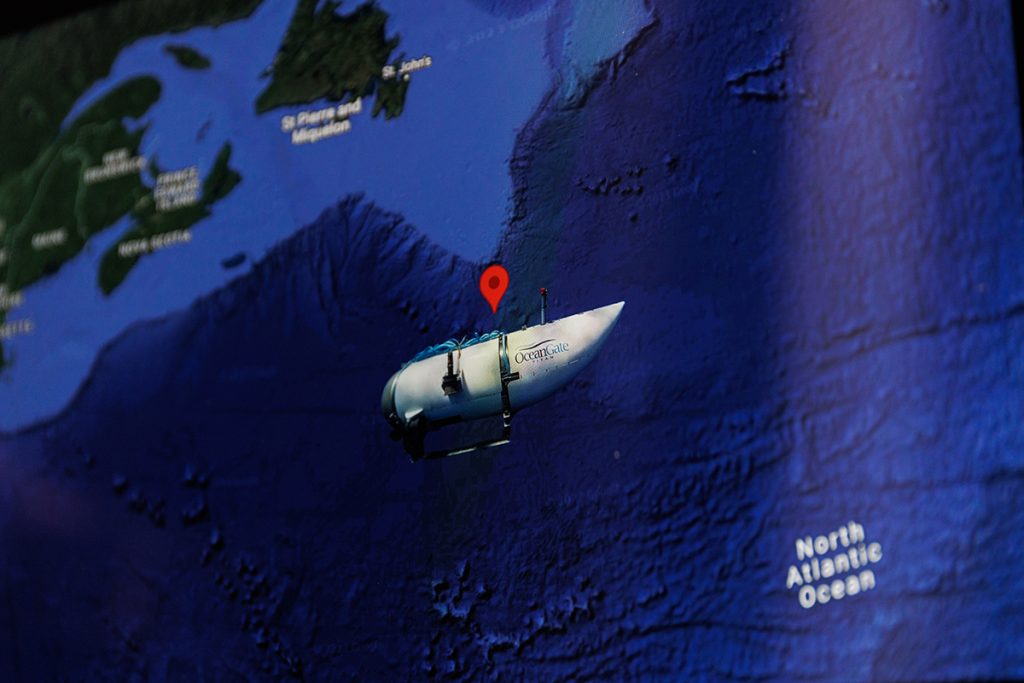A year has passed since the Titan, an experimental submersible, met a tragic end en route to the historic Titanic wreck site in the North Atlantic Ocean. The vessel’s deadly implosion on June 18, 2023, claimed the lives of all five crew members aboard, including Titan operator Stockton Rush. The incident, characterized by an anomaly consistent with an implosion or explosion according to U.S. Navy reports, prompted a global search and recovery effort that culminated in the discovery of debris and presumed human remains near the Titanic’s resting place.
Despite lingering questions and ongoing investigations into the submersible’s unconventional design and operational oversight, the allure of deep-sea exploration remains undiminished. OceanGate, the company behind the Titan, suspended operations shortly after the tragedy, but plans by other entities to explore the Titanic with remotely operated vehicles and submersibles as soon as July 2024 underscore the resilience of the scientific and exploratory community.
The Titan had been engaged in annual voyages since 2021, documenting the Titanic’s gradual decay and its surrounding underwater ecosystem. The catastrophic loss underscored the risks inherent in such endeavors, prompting calls within the industry to enhance safety protocols and rescue preparedness. Richard Garriott, president of The Explorers Club, emphasized the importance of stringent safety measures and detailed rescue plans in mitigating future risks associated with deep-sea expeditions.
David Concannon, a former adviser to OceanGate, noted the ongoing impact of the tragedy on those involved with the company and its missions. Despite challenges and personal losses, he highlighted the steadfast commitment among colleagues and peers to support each other and await the conclusion of official inquiries.
The incident has not deterred the broader exploration community, which continues to innovate and advance technologies aimed at making deep-sea investigation safer and more accessible. Katy Croff Bell, president of Ocean Discovery League, affirmed the industry’s strong safety track record over decades, despite occasional setbacks like the Titan’s implosion.
In response to the tragedy, The Explorers Club has launched a task force focused on refining search and rescue strategies for deep-sea expeditions. This initiative seeks to establish clearer protocols and preparedness frameworks to safeguard future explorers and missions.
Looking ahead, a remembrance ceremony for the Titan victims is scheduled during the Global Exploration Summit in Portugal, reaffirming the community’s commitment to honoring those who lost their lives in pursuit of scientific discovery.
As the world reflects on the Titan tragedy one year later, the spirit of exploration remains resilient. Innovations in technology continue to push the boundaries of what is possible beneath the ocean’s surface, guided by a shared determination to uncover its mysteries while ensuring the safety and well-being of all who embark on these ambitious journeys.


